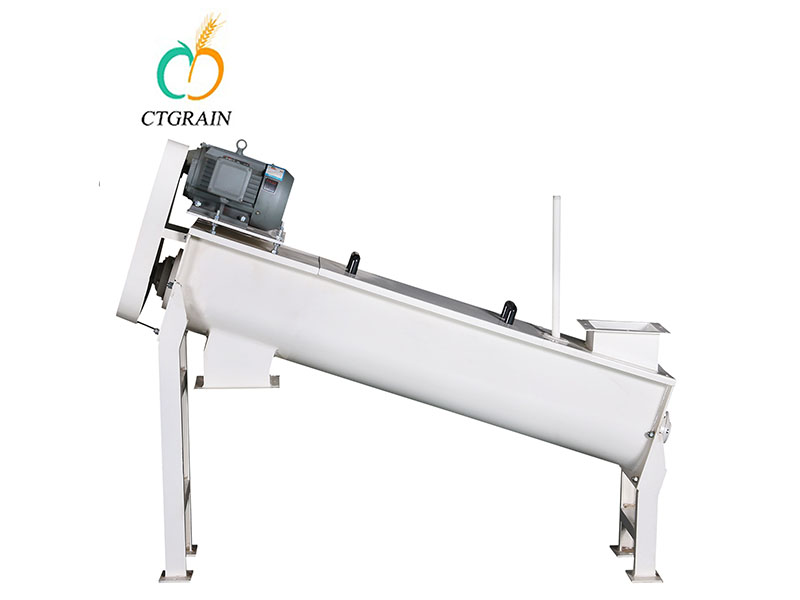The role of moisture regulation in the production process of flour mills is very important, and it has a direct impact on the quality and processing performance of flour.
Here’s what moisture regulation does:
Control product quality: In the process of flour production, moisture adjustment can control the moisture content of flour and keep it within a reasonable range. The appropriate amount of water can make the texture of flour soft, improve the strength and gelling power of flour protein, and make the dough easy to process and ferment, so as to obtain high-quality pastry products.
Ensure dough properties: Proper moisture adjustment can adjust the viscosity and elasticity of the dough, making it suitable for extensibility and plasticity. This helps to facilitate handling and create ideal pastry shapes such as thin-crust dumplings, sourdough bread, etc.
Control flour flow: Proper moisture improves flour flow, making it easier to stir, mix and flow during processing. This is very important for high-speed automated production lines to improve production efficiency and product consistency.
Increased Flour Shelf Life: Proper moisture content can help control the moisture content of the flour and prevent it from being soggy and moldy. During storage and transportation, moisture regulation can prolong the shelf life of flour and keep its quality stable.
In conclusion, moisture regulation in the production process of flour mills plays an important role in controlling product quality, ensuring dough properties, controlling flour fluidity, and extending flour shelf life. Through precise moisture regulation, flour mills can produce high-quality flour products that meet the needs of consumers.
Post time: Aug-18-2023


